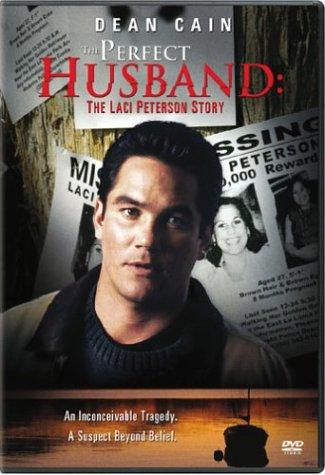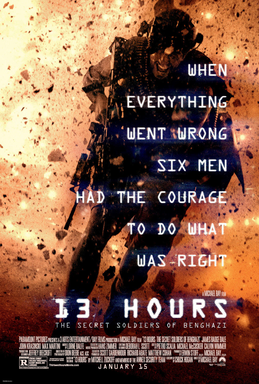Robert McCall (Denzel Washington), the Equalizer, is killing people again.
This time, he goes to Sicily, where he invades a local winery, kills all of the guards, and then shoots the winery’s owner in the ass while the already wounded man pathetically crawls away. Admittedly, everyone that McCall killed was bad and the winery owner would have killed McCall if things had worked differently but still, it’s an awful lot of death and violence just to retrieve some money that was stolen in a cyber-heist.
As McCall leaves the winery, he sees the owner’s young son and he declines to kill a child because, in the movies, adults only kill other adults. Otherwise, the viewer might lose sympathy for them. The kid, however, does not live under the rules of Hollywood so he grabs a shotgun from his father’s car and shoots McCall in the back. McCall falls to the ground and attempts to shoot himself in the head. However, his gun is out of bullets.
That’s right, our hero nearly shot himself in the head. If he had succeeded, the movie would have been much shorter. But since he wasted all of his bullets on the guards at the winery, McCall just passes out from the shock. Eventually, he is found and taken to a village doctor named Enzo (Remo Girone). Enzo removes the bullet. When McCall awakens, Enzo asks him if he’s a good man or a bad man. Enzo later says that McCall’s inability to answer was all the proof the he needed to know that McCall was a good a man.
McCall recuperates in the village and soon, he becomes an accepted member of the community. He starts to contemplate leaving behind his life of violence and, in a well-done sequence, is haunted by the memory of how many people he killed at the winery. But when the local Camorra starts to harass the villagers and threaten McCall’s new friends, it’s time for McCall to once again go to action.
If I sound a bit snarky, it’s because I’ve lost track of the number of films that I’ve seen about stoic former intelligence agents who kill a lot of people. The Equalizer 3 is actually a well-made film, one that makes good use of its star’s charisma and the beautiful Sicilian scenery. Denzel Washington isn’t getting any younger but he’s still believable as someone who could take down an army single-handedly and, even more importantly, he does a good job of portraying what a life of violence would do to a man’s soul. Appropriately enough given the Sicilian setting, the film is full of religious imagery and The Equalizer 3, at its best, becomes a story about a man searching for redemption and a higher calling.
That said, the film is entertaining and it holds your interest (and I’m thankful that this is one mainstream film that does not feature an excessive running time) but the plot is undeniably formulaic and the villains aren’t particularly interesting. There’s a subplot featuring Dakota Fanning as a young CIA agent that feels tacked on. On a personal note, I find myself growing weary of CGI violence and stories about one-man killing machines. (When I was younger, I could easily celebrate a hundred henchmen getting taken out by our hero. Now, I found myself saying, “He probably had a family.”) The film ends on a note of redemption for McCall and I hope he takes it for all it’s worth.




